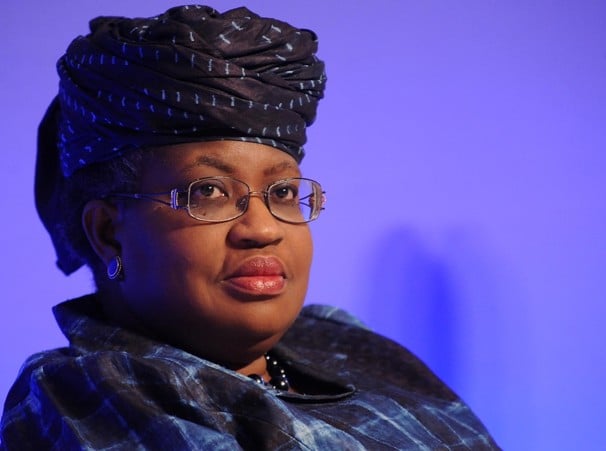The federal government has rejected call by some Nigerians for the printing of more money into the system in view of the falling oil prices, which has affected the country’s revenue.
In a press release on Sunday, Ngozi Okonjo-Iweala, minister of finance and coordinating minister of the economy, argued that “such poorly thought-out populist recommendations would be disastrous for the country if implemented”.
She also observed that such prescriptions ignored facts of history and the elementary principles of economics.
“Printing money without adequate revenue support will lead to serious consequences for the country,” she said.
Advertisement
“It will spur inflation as the experiences of Germany in the early part of the last century and more recently, Argentina and Zimbabwe demonstrate. This prescription will victimise the poor and middle class that it is supposedly protecting.”
She explained that the best way to protect the interest of the ordinary people is to control inflation as much as possible, expand the economic base, strengthen the sectors that drive growth, boost critical infrastructure and create more jobs.
”We have already started doing that; the results are already coming but we still have a lot of work to do,” she said.
Advertisement
“To show how serious government is about job creation, President Goodluck Jonathan will, on November 17, launch the 4th edition of YouWin to support entrepreneurs along with a private equity fund for entrepreneurs. That is an expression of government’s commitment and seriousness to job creation.”
Okonjo-Iweala also announced a multi-pronged strategic response to mitigate the adverse effects of the decline in global oil prices, protect growth, reassure investors and keep the economy on a stable course through the crisis. which has seen a significant drop in oil revenues for Nigeria and other oil producing countries since June.
She described the response as a mix of measures designed to boost non-oil revenues further, plug loopholes and waste and cut unnecessary expenditures in order to cope with the situation. she said it was also scenario-based and additional measures would be introduced if oil prices fall further.
“As part of the response, the Medium Term Expenditure Framework (MTEF) and the Budget 2015 proposal to the National Assembly have also been revised. Government is now proposing a benchmark of $73 dollars per barrel to the national assembly compared to the earlier proposed benchmark of $78,” she added.
Advertisement
“Given the nature of the oil market, we needed to see the extent and trend of the oil price in order to take the right measures. Panic is not a strategy. It’s important that our strategies are based on facts and a clear understanding of both the strengths of the economy and the challenges posed by the drop in oil prices.. which is currently at $79 for our premium Bonny Light Crude.
“The drop in oil prices is a serious challenge, which we must confront as a country. We must be prepared to make sacrifices where necessary. But we should also not forget that we retain some important advantages such as a broad economic base driven by the private sector and anchored on sound policies. Our strategy is to continue to strengthen the sectors that drive growth, such as agriculture and housing while reducing waste with a renewed focus on prudence.”
Advertisement






